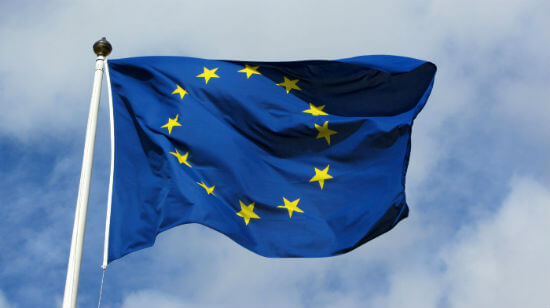EU member states are known to work in unison as a unified state in terms of economy as well as to produce a significant proportion of laws and regulations governing the whole jurisdiction. That being said, every single member is left to its own devices when drafting and implementing a good deal of laws and regulations that apply solely to that country in question. One example of the latter is the igaming and gambling industry. There are a handful of regulating bodies in Europe, but there is no single entity that standardises the lot.
If an online casino holds a license from an EU-based country, this is usually recognised as reliable and regulated. However, what is allowed by one regulating body may not be by another, and this can ensue in a certain amount of confusion. And considering that the online gambling business is contributing significantly to the overall economy, several efforts are being made by different bodies to reach a point of agreement.
In this article, we’ll take a brief look at some of the main jurisdictions in Europe. Please be advised that this is by no means an exhaustive list, and whenever in doubt, it’s best to check your local laws.
The Alderney Gambling Control Commission
Alderney is self-governed Island that is the 3rd largest in the British Channel Islands. It has become somewhat of an offshore financial centre, especially since its involvement with the igaming sector in recent years.
The Alderney Gambling Control Commission (AGCC) has been operating since 2000. It adheres to high international standards and expects no less from licensees. The AGCC ensures a high level of transparency and fairness in the way online casinos treat customers, and customers who are on the receiving end of unethical treatment may appeal to the AGCC to arbitrate disputes.
Online casinos can obtain one of two types of licenses issued by the AGCC. The first is a ‘Business to Consumer’ type (B2C) that allows for service provision directly to customers. The second type is a ‘Business to Business’ (B2B). One such example of a company obtaining such a license is a software provider.
Gibraltar Gaming Legislation and the Licensing Authority
Gibraltar is also a British Crown dependent territory, which has been issuing gambling licenses since 1998. Many online casinos born in the UK have moved chosen Gibraltar as their operations base. This has increased employment in the industry to be the biggest in the UK.
At present, The Gambling Division of the Government of Gibraltar, overseen by the Gibraltar Gambling Commissioner, is responsible for regulating and legislative matters. Its methods fall in line with the Gambling Act of 2005.
Operators may obtain one of seven different licenses from the Gibraltar Licensing Authority. To do so, the applicant must demonstrate a clean record, financial stability, and a realistic business plan. The licenses include: a bookmaker’s license, a betting intermediary’s license, a gaming operator’s license, a gaming machine license, a lottery promoter’s license, a pools promoter’s license, a remote gambling license.
Gambling Legislation and Supervision in the Isle of Man
Often mistaken as a part of the UK, the Isle of Man it is only a British dependency that is predominantly self-governing. The legislation commanding the gambling industry here is one that benefits both online operators and their customers equally, while offering an attractive taxation system.
The dominant legislature here is the Online Gambling Regulation Act (OGRA), which was the result of the government’s effort to produce fertile soil for the gaming business to grow. Also of significant importance here are the Gambling Amendment Act and the Gambling Supervision Act that followed.
The body in charge of regulating online casinos is The Gambling Supervision Commission. Established in 1962, it started off by regulating land-based casinos before eventually incorporating online ones too.
The Malta Gaming Authority and Its Legislature
This British Commonwealth country is now independent and was the first in the EU to regulate online gaming service providers. It’s one of the largest jurisdictions in the world and several operators set up shop on its soil. It offers noteworthy licensing fees and an attractive business tax refund policy.
Presently, applicants are regulated in accordance with the Lotteries and Other Games Act written in 2001. Later on, the Remote Gaming Regulations were set in place, and this allows for one of four possible licenses:
- Class 1 license — casino games, skill games, and online lotteries
- Class 2 license — fixed odds betting, pool betting, and spread betting
- Class 3 license — peer to peer gaming and spread betting
- Class 4 license — software providers/vendors
Multiple licenses may be issued to the same applicant at the same time. Each license is valid for 5 years. Strict vetting to prevent money laundering and unethical treatment of players is given importance. Also, a provider applying for such a license must have part of its operations located in Malta. Also, financial records must be kept in order, data protection procedures implemented, and policies regarding responsible gaming adopted.
All gambling activity in Malta is regulated by the Lotteries & Gaming Authority (LGA). This is known to carry out a thorough investigation about the applicant before successfully issuing a license. There are over 500 sites registered with the LGA at present.

